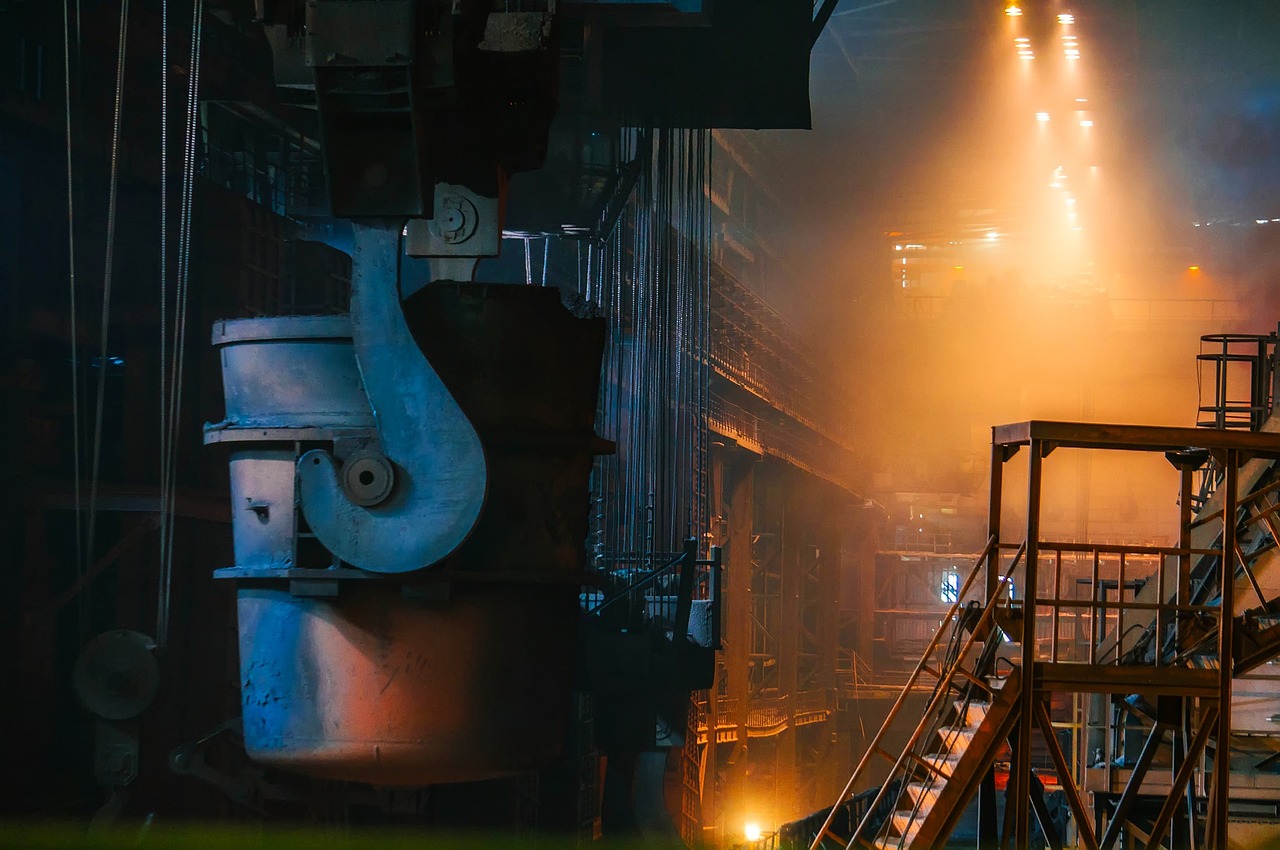An industrial embedded computer is designed to handle challenging tasks in environments such as manufacturing plants, transport hubs, or automation systems. Unlike regular computers, embedded computers are built to withstand extreme conditions, ensuring both durability and reliability. These systems are often critical to operations where a failure could result in significant financial losses or delays.
When businesses invest in industrial embedded computers, it’s important to consider the unique challenges of the working environment. From extreme temperatures to high vibration levels, selecting a system that isn’t built for these conditions can result in long-term issues. This article will explore common mistakes companies make when choosing embedded PCs and the financial impact of those errors.
One common mistake is selecting an industrial embedded PC purely based on price. While lower-cost options may be tempting at first, cheaper embedded box PCs often result in frequent malfunctions, higher maintenance needs, and shorter lifespans. Over time, these issues can far exceed any initial savings, leading to much higher long-term costs.
|
Initial Investment |
Long-Term Costs |
System Reliability |
|
Low |
High |
Low |
|
Moderate |
Moderate |
Moderate |
|
High |
Low |
High |
Industrial environments can be unforgiving, with factors like extreme temperatures, moisture, dust, and vibration all having a major impact. Selecting a standard embedded industrial PC without accounting for these environmental conditions can cause system failures. For instance, a fanless embedded computer designed for hot environments might malfunction in a dusty or moist setting, leading to system breakdowns and costly downtime.
Another frequent issue occurs when businesses underestimate their performance requirements. If an industrial embedded PC lacks the necessary processing power or memory, it may struggle with data-heavy tasks, leading to slowdowns or system crashes. This mismatch can severely disrupt operations and productivity.
Many companies fail to consider future growth when selecting an embedded box PC. An industrial embedded computer without sufficient customization or expandability options can quickly become obsolete, requiring premature replacement. Lack of expandability becomes problematic as business operations scale, often demanding additional ports, storage, or specialized functionality.
One of the biggest hidden costs of choosing the wrong industrial embedded PC is unplanned downtime. When systems fail, production lines or critical processes halt, resulting in lost productivity. In industries like automotive manufacturing, even a few minutes of downtime can have significant financial consequences.
|
Impact of Downtime |
Estimated Loss (per hour) |
|
Small business |
$5,000 - $10,000 |
|
Medium-sized business |
$10,000 - $50,000 |
|
Large enterprise |
$50,000+ |
Lower-quality embedded industrial PCs often lead to increased maintenance and repair expenses. Frequent breakdowns can require multiple technician visits, as well as costly parts and labor, quickly adding up over time.
Regular system malfunctions can diminish employee efficiency and morale. Workers who rely on reliable systems may grow frustrated with frequent technical issues, reducing their productivity and negatively affecting overall business performance.
Choosing the wrong industrial embedded computer can also shorten the product’s lifespan. Systems not designed for harsh conditions deteriorate faster, requiring more frequent replacements. These added costs, along with the downtime for installation and setup, can negatively impact the company’s bottom line.
Before choosing an embedded industrial PC, thoroughly assess the environment where it will be used. Is the area prone to dust? Are there extreme temperatures? Choosing systems that meet relevant certifications, such as IP ratings for dust and water resistance, is essential for long-term reliability.
|
Environment |
Required Features |
|
Dusty |
Fanless, sealed enclosure |
|
High heat |
Heat-resistant components |
|
Vibration |
Shock-resistant design |

When selecting an industrial embedded computer, focus on reliability over upfront cost. A rugged embedded box PC, though more expensive initially, will reduce long-term repair and downtime expenses. This approach ultimately saves money over time.
Matching the embedded PC’s specifications to the required performance levels is crucial. Systems that lack sufficient processing power, memory, or storage capacity can cause delays and performance bottlenecks. Conduct a thorough performance assessment before purchasing to ensure smooth operations.
Select an industrial embedded computer with future growth in mind. A modular, expandable system ensures that as your business grows, the system can be upgraded with additional ports, memory, and storage, avoiding the need for a complete overhaul.
When choosing an industrial embedded computer, it’s important to consider the Total Cost of Ownership (TCO), which includes not only the purchase price but also maintenance, energy usage, system lifespan, and downtime. Prioritizing TCO can help businesses avoid unexpected costs and achieve a higher return on investment.

The reputation of the industrial computer manufacturer is critical for long-term success. Reliable vendors provide robust warranties, responsive customer service, and strong after-sales support. Selecting a reputable manufacturer ensures that the embedded industrial PC is a sound long-term investment.
At BVS, we understand the importance of selecting the right industrial embedded computer for your business. As a leading industrial computer manufacturer, we offer dependable embedded box PCs and embedded industrial PCs designed for demanding environments. With fanless designs and rugged enclosures, our systems minimize downtime and provide long-lasting reliability. We work closely with our clients to ensure they receive systems tailored to their specific needs, reducing overall costs and increasing efficiency.

Click to confirm
Cancel